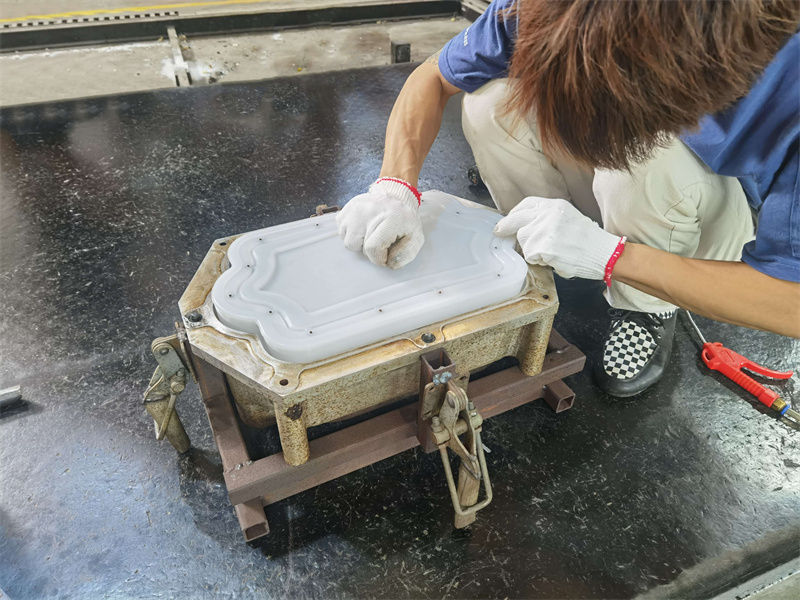Why Rotomolded Products Need Rounded Corners
 Mar 01,2024
Mar 01,2024

Why Rotomolded Products Need Rounded Corners
In rotational molding design, incorporating rounded corners is highly recommended. This article will discuss the reason why rotomolded products need rounded corners.

1. Uniform Wall Thickness
Rounded corners help to achieve uniform wall thickness in rotational molded products. Sharp corners can impede the flow of melted plastic material, leading to uneven wall thickness and potential defects. The radius ensures that the plastic material flows smoothly around the corners, resulting in a product with consistent wall thickness throughout, which is critical for product performance and durability
2. Stress Distribution
Rounded corners distribute stresses more evenly across the product's structure. Sharp corners can create stress concentrations, which can lead to potential weak points or failures under mechanical stresses. The radius at the corners helps to distribute the stress more uniformly, enhancing the product's ability to withstand loads and impacts.
3. Prevention of Voids and Defects
In rotational molding, the melted plastic material must adhere evenly to the mold's interior walls. Sharp corners can impede the flow of plastic, resulting in incomplete filling and the formation of voids or defects. The radius at the corners facilitates the smooth flow of melted plastic, ensuring that the material adheres evenly to the mold walls and minimizing the risk of voids or uneven wall thickness.
4. Aesthetics
Rounded corners contribute to the overall aesthetics of rotational molded products. Smooth, rounded corners provide a more pleasing appearance and can enhance the product's market appeal. Rounded corners also help to mask any potential defects or irregularities that may occur during the molding process.
5. Demolding Efficiency
Rounded corners make it easier to remove the finished product from the mold. Sharp corners can sometimes catch or bind on the mold, making demolding more difficult. By incorporating a radius at the corners, the product can be easily removed without damage to the product or the mold itself.
6. Prevention of Warping
Rotational molded products can sometimes experience warping or deformation during the cooling process. Rounded corners help to alleviate this issue by reducing the likelihood of uneven cooling and allowing the product to contract more evenly. This helps to maintain the product's dimensional stability and ensures consistent quality.
At Light Venus, we specialize in design and production of custom rotomolded products. Our experienced, knowledgeable engineering and production team will Provide professional solutions on the entire product. Contact us to learn more about our custom rotational molding services and how we can help you with your project
 Tel: 0086-13632687993
Tel: 0086-13632687993  Email: roto@lightvenus.com
Email: roto@lightvenus.com

 Home
Home Analysis and Solutions for Uneven Wall Thickness of Rotomolded Products
Analysis and Solutions for Uneven Wall Thickness of Rotomolded Products  You May Also Like
You May Also Like



 Tel
Tel
 Email
Email
 Address
Address








